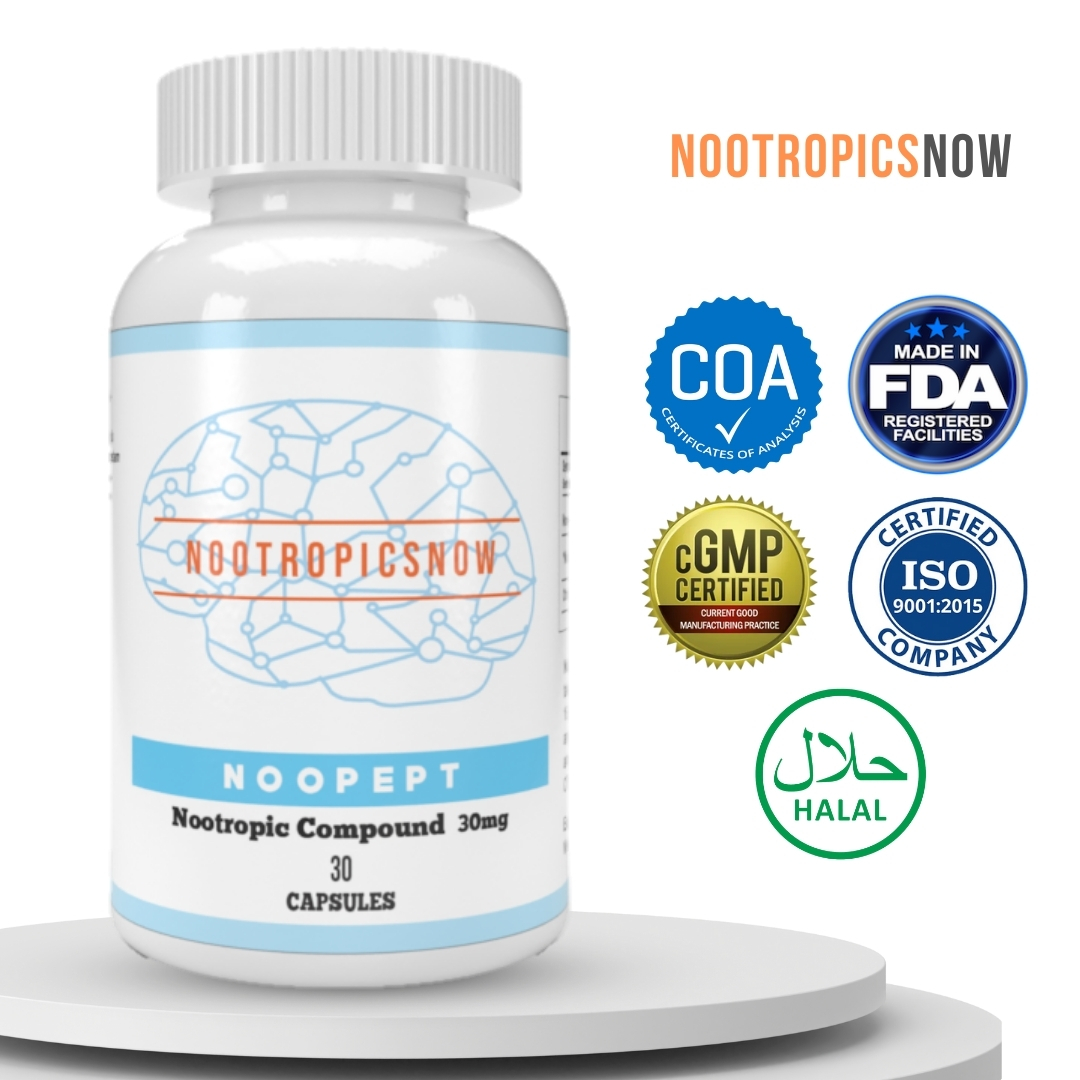Nootropics: Boost Brainpower & Focus

Understanding Nootropics: Smart Drugs for Cognitive Enhancement
Nootropics, often called “smart drugs” or cognitive enhancers, have garnered significant attention for their potential to boost brain function. These substances, ranging from natural herbs to synthetic compounds, are used to improve memory, focus, creativity, motivation, and overall cognitive performance. Understanding nootropics requires examining their types, benefits, mechanisms of action, and safety considerations.
What are Nootropics?
Nootropics are substances that are taken to improve cognitive functions, particularly executive functions, memory, creativity, or motivation, in healthy individuals. The term “nootropic” was coined in 1972 by Romanian psychologist and chemist Corneliu E. Giurgea, who defined them as substances that enhance learning and memory, protect the brain from physical or chemical injury, and possess few, if any, side effects. However, this original definition is often debated, as many substances marketed as nootropics may not fully meet all these criteria. Nootropics are often categorized into two main groups: synthetic and natural.
Types of Nootropics
Nootropics can be broadly classified into two main categories: synthetic and natural.
1. Synthetic Nootropics: These are laboratory-created compounds designed to target specific cognitive functions. They are often more potent than natural nootropics and can produce more pronounced effects.
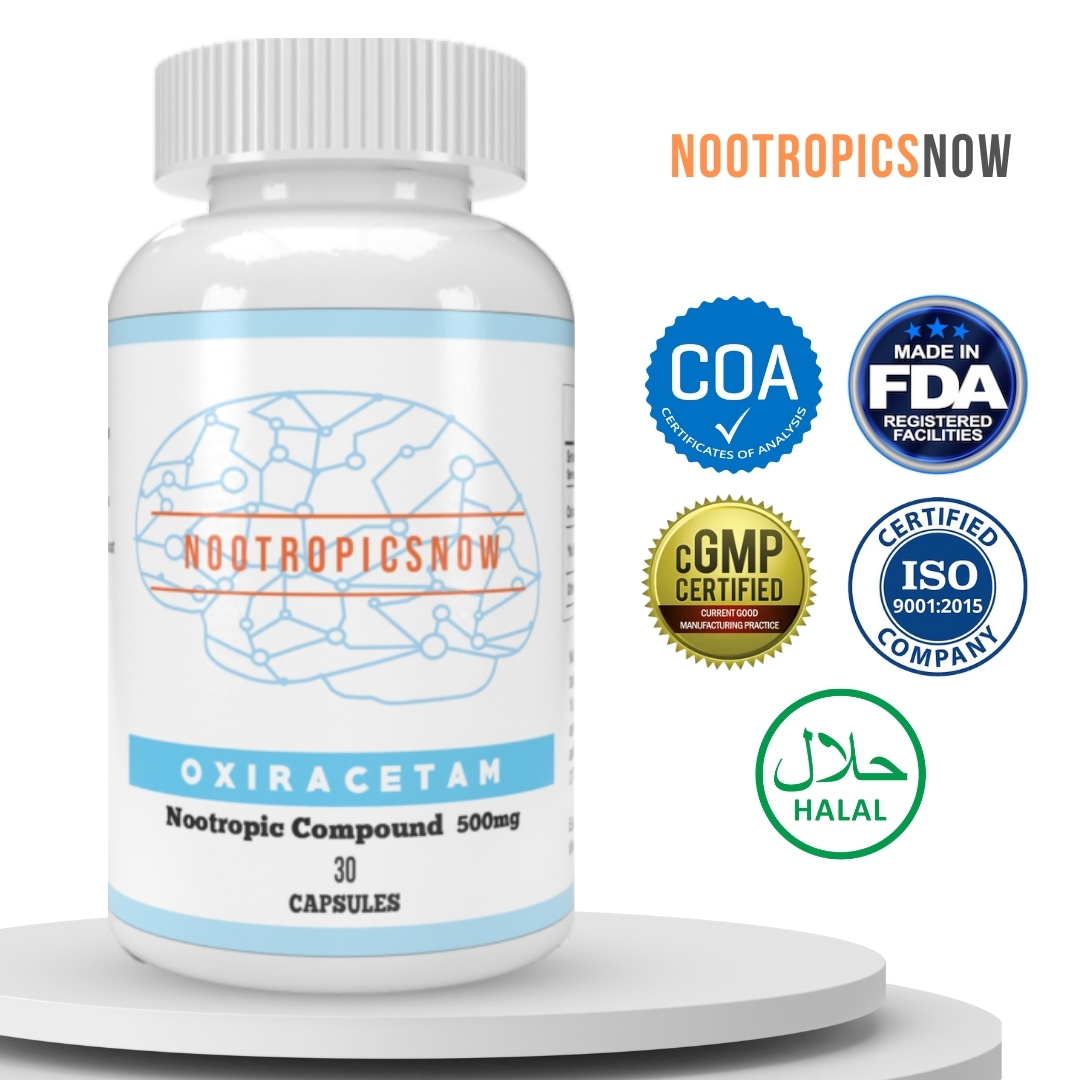
View Product
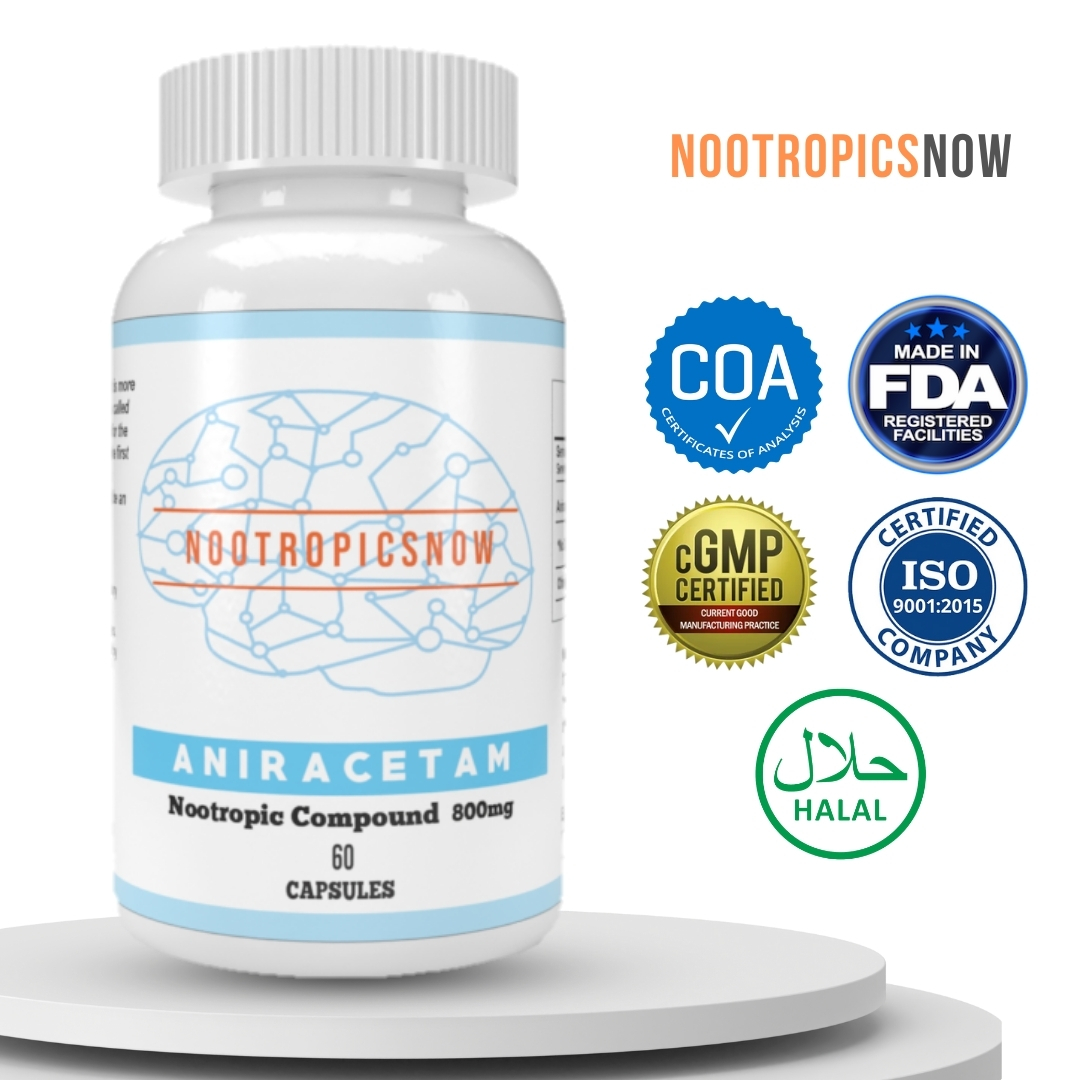
View Product
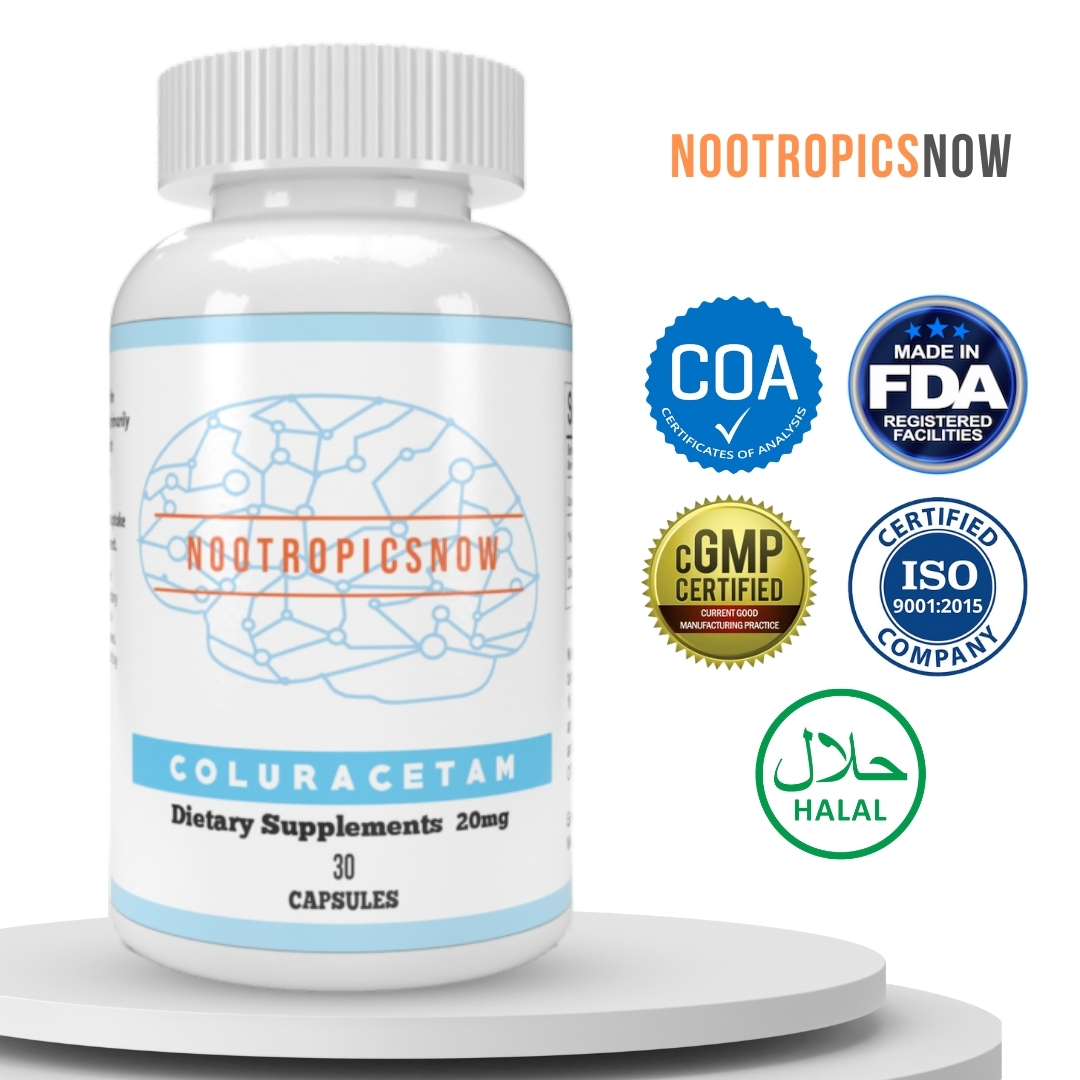
View Product

View Product
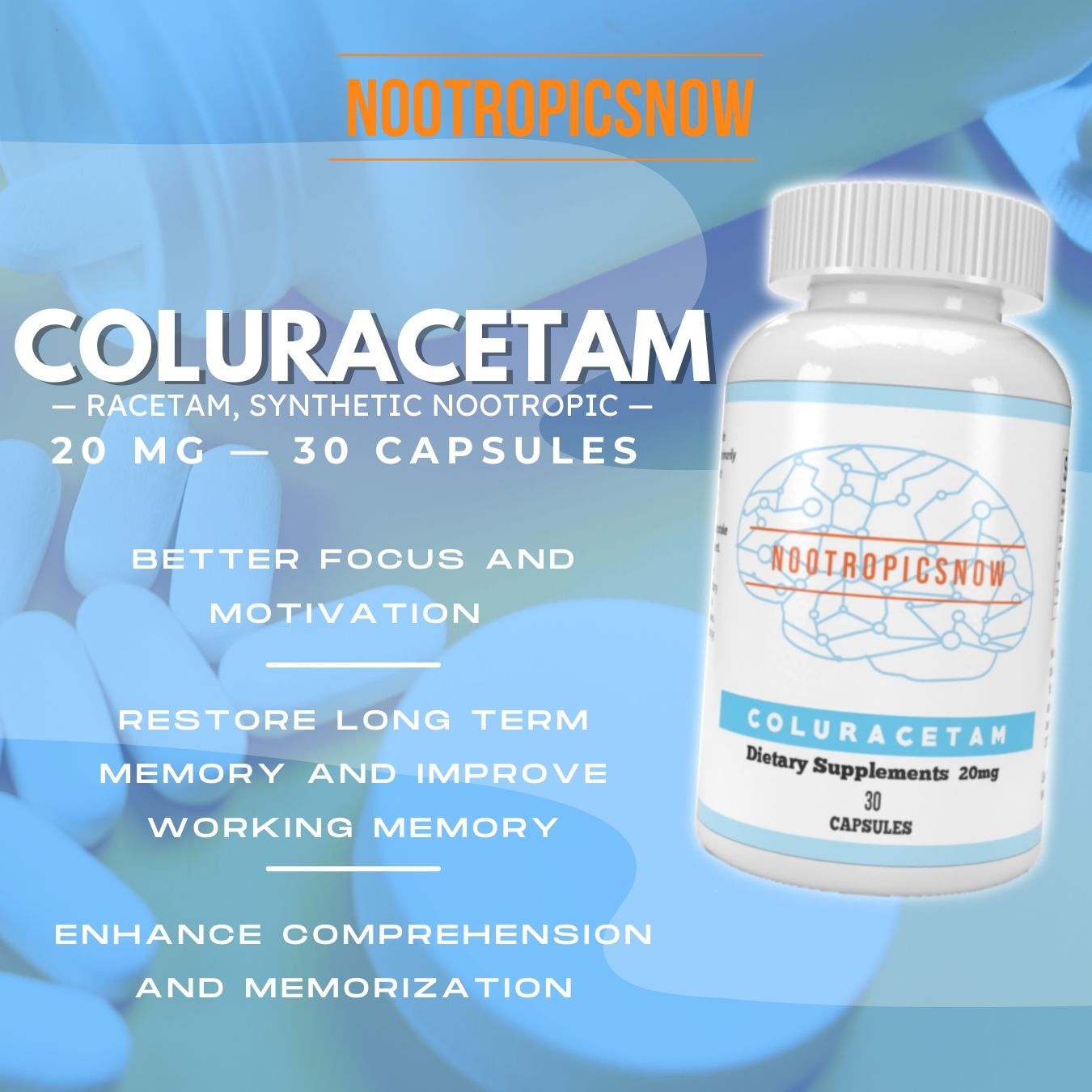
View Product
2. Natural Nootropics: These are derived from plants, herbs, and other natural sources. They tend to have fewer side effects than synthetic nootropics, though their effects may be more subtle.
Benefits of Nootropics
The purported benefits of nootropics vary depending on the specific substance and individual. However, some common benefits include:
Mechanisms of Action
Nootropics exert their effects through a variety of mechanisms in the brain. These mechanisms often involve neurotransmitter modulation, enhanced blood flow, neuroprotection, and increased energy metabolism.
Safety Considerations
While nootropics are generally considered safe, it’s essential to approach their use with caution. Side effects can vary depending on the specific substance and individual. Some common side effects include headaches, nausea, anxiety, insomnia, and gastrointestinal issues.
Nootropics in the Philippines
The availability and legality of nootropics in the Philippines vary depending on the specific substance. Some nootropics, like caffeine and L-Theanine, are widely available and unregulated. Others, like Modafinil, may require a prescription or be subject to import restrictions.
Conclusion
Nootropics offer a promising avenue for enhancing cognitive function and improving overall well-being. While they can provide benefits like improved memory, focus, and mental energy, it’s crucial to approach their use with caution and consult with a healthcare professional. By understanding the different types of nootropics, their mechanisms of action, and potential safety considerations, individuals can make informed decisions about whether or not to incorporate them into their cognitive enhancement regimen.
Legality of Modafinil in the Philippines
Understanding the legal landscape surrounding Modafinil in the Philippines is crucial. Currently, Modafinil is classified as a prescription drug. Therefore, possession without a valid prescription may be considered a violation of pharmaceutical regulations. However, enforcement can be inconsistent, and many online pharmacies operate in jurisdictions with different regulations.
Prescription Requirements
To legally obtain Modafinil, you need a prescription from a licensed physician in the Philippines. This typically involves consulting with a doctor who can assess your medical needs and determine if Modafinil is appropriate for you.
Risks of Purchasing Without a Prescription
Purchasing Modafinil without a prescription carries several risks. Firstly, you may be obtaining counterfeit or substandard products. Secondly, self-medicating can lead to adverse health effects due to a lack of proper medical supervision. Additionally, possessing prescription drugs without authorization can result in legal penalties.
Ensuring Product Authenticity
When sourcing Modafinil, authenticity is paramount. Counterfeit medications are a global problem. These medications often lack the active ingredient or contain harmful substances. Thus, always purchase from reputable sources, such as licensed pharmacies or well-known online vendors. Scrutinize packaging for inconsistencies, and research the manufacturer’s reputation.
Alternatives to Modafinil in the Philippines
While Modafinil is a prominent choice, several alternatives provide cognitive enhancement. Some of these options are available without prescription, reducing the legal and accessibility hurdles. They may not be as potent as Modafinil, but they offer a milder, more manageable boost to cognitive function.
Natural Nootropics
Natural nootropics are substances derived from plants or other natural sources that enhance cognitive function. They are often considered safer than synthetic alternatives, although their effects may be more subtle.
Bacopa Monnieri
Bacopa Monnieri is an herb traditionally used in Ayurvedic medicine. It is known for its memory-enhancing properties and its ability to reduce anxiety. Studies have shown that Bacopa Monnieri can improve cognitive performance, particularly in areas of memory and learning.
Lion’s Mane Mushroom
Lion’s Mane Mushroom is a medicinal mushroom that supports nerve growth and cognitive resilience. It contains compounds that stimulate the production of nerve growth factor (NGF), which is essential for brain health. Regular consumption of Lion’s Mane may improve memory, focus, and overall cognitive function.
Rhodiola Rosea
Rhodiola Rosea is an adaptogenic herb that helps the body adapt to stress. It can reduce fatigue, enhance mental performance, and improve mood. Rhodiola Rosea works by modulating neurotransmitter levels and reducing the effects of stress hormones like cortisol.
Caffeine and L-Theanine
The combination of caffeine and L-Theanine is a popular nootropic stack. Caffeine provides a boost of energy and alertness, while L-Theanine promotes relaxation and reduces the jitters associated with caffeine. This combination can improve focus, attention, and overall cognitive performance.
Synthetic Nootropics (Over-the-Counter)
Some synthetic nootropics are available over-the-counter, although they may not be as potent as prescription medications like Modafinil. These options provide a balance between efficacy and accessibility.
Alpha-GPC
Alpha-GPC is a choline compound that increases acetylcholine levels in the brain. Acetylcholine is a neurotransmitter involved in memory, learning, and cognitive function. Supplementing with Alpha-GPC may improve memory, focus, and cognitive performance.
L-Tyrosine
L-Tyrosine is an amino acid that is a precursor to several neurotransmitters, including dopamine, norepinephrine, and epinephrine. Supplementing with L-Tyrosine may improve mood, reduce stress, and enhance cognitive function, especially during demanding tasks.
Other Cognitive Enhancement Strategies
Besides nootropics, various other strategies can enhance cognitive function. These strategies often involve lifestyle changes and behavioral interventions that support brain health.
Regular Exercise
Regular exercise is essential for brain health. Exercise increases blood flow to the brain, stimulates the production of neurotrophic factors, and improves cognitive function. Aim for at least 30 minutes of moderate-intensity exercise most days of the week.
Healthy Diet
A healthy diet rich in fruits, vegetables, whole grains, and lean protein is crucial for brain health. Certain nutrients, such as omega-3 fatty acids, antioxidants, and B vitamins, are particularly important for cognitive function. Limit your intake of processed foods, sugary drinks, and unhealthy fats.
Adequate Sleep
Adequate sleep is essential for memory consolidation and cognitive function. Aim for 7-9 hours of sleep per night. Establish a regular sleep schedule and create a relaxing bedtime routine to improve sleep quality.
Mindfulness Meditation
Mindfulness meditation can improve attention, focus, and cognitive flexibility. Regular meditation practice can also reduce stress and anxiety, which can negatively impact cognitive function.
Safety and Side Effects of Nootropics
Before using any nootropic, it is essential to understand the potential safety concerns and side effects. While many nootropics are generally considered safe, they can cause adverse effects in some individuals.
Common Side Effects
Common side effects of nootropics include headaches, nausea, anxiety, insomnia, and digestive issues. These side effects are usually mild and temporary but can be bothersome. Starting with a low dose and gradually increasing it can help minimize the risk of side effects.
Serious Side Effects
In rare cases, nootropics can cause more serious side effects, such as allergic reactions, heart problems, and psychiatric symptoms. If you experience any severe side effects, discontinue use and seek medical attention immediately.
Interactions with Medications
Nootropics can interact with other medications, potentially increasing or decreasing their effects. It is essential to inform your doctor about all the medications and supplements you are taking before starting any new nootropic.
Precautions
Certain individuals should exercise caution when using nootropics, including pregnant or breastfeeding women, people with underlying health conditions, and those taking other medications. Consulting with a healthcare professional before use is always recommended.
The Future of Nootropics in the Philippines
The field of nootropics is rapidly evolving, with new compounds and research emerging regularly. In the Philippines, the use of nootropics is likely to continue growing as awareness and interest in cognitive enhancement increase.
Emerging Research
Emerging research is exploring the potential benefits of nootropics for a variety of conditions, including Alzheimer’s disease, Parkinson’s disease, and ADHD. These studies may lead to new therapeutic applications for nootropics.
Regulatory Changes
Regulatory changes could impact the availability and accessibility of nootropics in the Philippines. It is essential to stay informed about the latest regulations and guidelines.
Ethical Considerations
The use of nootropics raises ethical considerations, such as fairness, equity, and the potential for misuse. It is essential to consider these ethical implications when using nootropics for cognitive enhancement.
Making Informed Choices
Choosing nootropics requires making informed choices. It’s essential to understand the science, risks, and individual response. You also should not over rely on nootropics but consider them a complement to healthy lifestyle.


